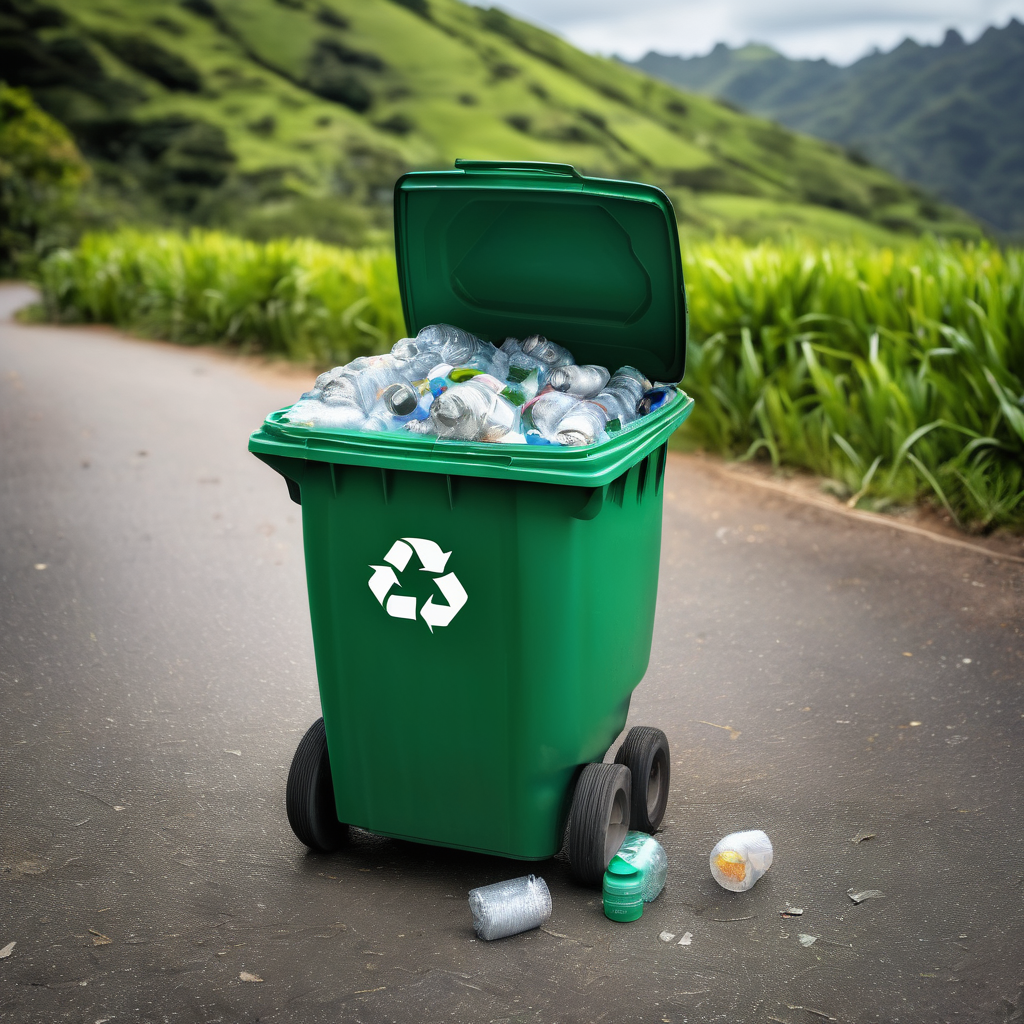Fiji is currently navigating a significant waste management challenge, as it generates nearly 200,000 tonnes of waste each year, according to the Fiji Bureau of Statistics. In 2024, the country documented 199,263 tonnes of waste, representing an increase of almost 8,900 tonnes from the previous year. This upsurge largely stems from household waste, with notable contributions from the manufacturing, transport, retail, and food services sectors.
A substantial portion of this waste—over 144,000 tonnes—ends up in landfills, while more than 54,000 tonnes are incinerated. Alarmingly, a mere 477 tonnes are recycled, underscoring the urgent need for enhanced waste management and recycling strategies in Fiji. These statistics highlight the environmental challenge the nation faces and underscore the critical necessity for improving waste management systems in the future.
This growing waste issue aligns with previous reports pointing to Fiji’s increasing waste difficulties, exacerbated by heightened economic activity and evolving consumption habits. Projections from the National Development Plan estimate that municipal councils will need to manage approximately 182,000 tonnes of waste nationwide, with a potential surge to 350,000 tonnes by 2029. In response, the Fijian government is placing emphasis on establishing new recycling facilities and enhancing recycling capabilities.
Initiatives are underway to bolster waste management regulations, such as the Container Deposit Regulation, which seeks to expand recycling infrastructures. The Pacific Recycling Foundation and Waste Recyclers (Fiji) Ltd have showcased notable successes in recycling efforts, signaling progress in Fiji’s waste reduction initiatives.
Despite the challenges, there is optimism regarding Fiji’s environmental trajectory, highlighting the crucial role of community involvement and strong governmental initiatives. With continued collaboration and innovation, Fiji holds the potential to achieve significant environmental advancements that will benefit both today’s residents and future generations. The dedication to innovative solutions and community engagement paves the way for a more sustainable future, signaling a hopeful outlook for the country’s environmental landscape.
